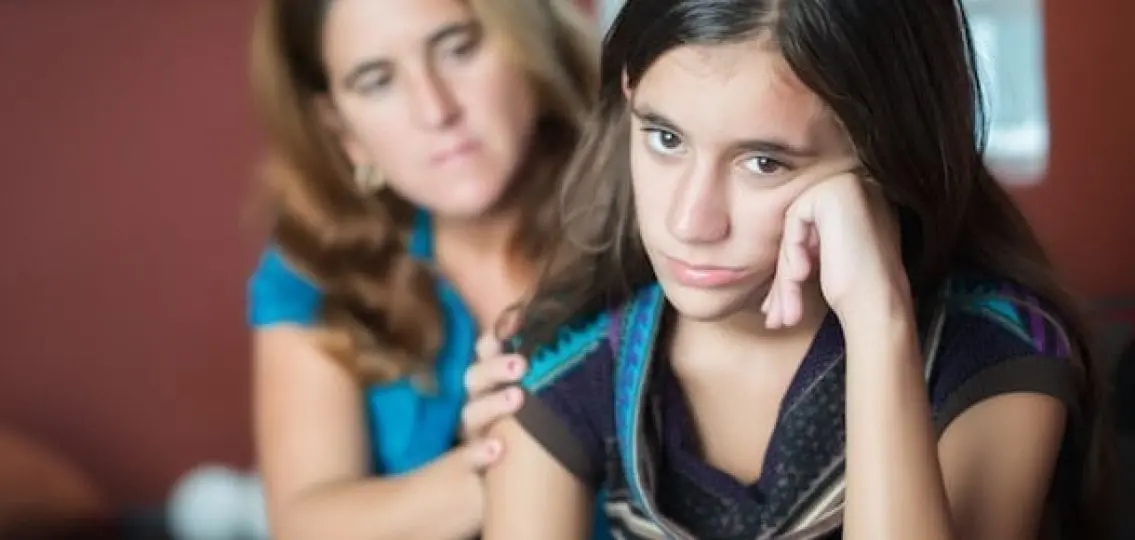Parents of LGBTQ teens have difficulty discussing dating, sex and sex education with their kids (and may avoid the subject) according to a study by Northwestern University. Why?
Parents often don’t have any context for it, besides cis heterosexual sex.

But that shouldn’t stop them from talking to their teens.“Parents play an important role in helping their children learn how to have healthy sexual relationships,” said Debra Hauser, President of Advocates for Youth, a national non-profit that works to ensure the reproductive and sexual health and rights of young people through a realistic approach.
Several LGBTQ teens sent email comments to Advocates for Youth commenting on their experiences:
“I wish my parents talked to my sister and me about sex. The conversation never came up and both of us went into the world blindsided,” said Dalia, 20. “Don’t have your kids figure everything out by themselves; they need guidance and advice. Save them from the trauma of learning everything from failure and the Internet.”
“I felt that I had to have sex to confirm my bisexuality, while non-sexual activities like hugging, hanging out, or traveling can be just as affirmative!,” said Kelli, 22. “I wish my parents would have taught me about non-sexual intimacy.”
“As the Northwestern study shows, most parents don’t know what constitutes safe sexual behaviors for LGBTQ teens, and they need resources to help them,” said Hauser. “They also need parents who communicate with them, even if they are embarrassed.”
Parents in an online focus group for the study commented on how uncomfortable and ill-equipped they feel.
“My challenge is that I have no idea about what sex is really like for men, especially for gay men.”
“I felt challenged that I’m straight, my daughter is dating a gal, and I didn’t know anything about that. All my sex talks were about how not to get pregnant and how babies are conceived.”
In a society that skews toward heterosexuality, LGBTQ youth already face tremendous adversity like cyberbullying, difficulty fitting in with their peers, and the feeling their reality is not reflected in the culture.
The first national Center for Disease Control Youth Risk Behavior Survey Data on LGBTQ youth revealed an increased risk of bullying and interpersonal violence. This often results in avoidance of school. LGBTQ youth also have a higher rate of depression (60%) and thoughts of suicide (40 %). But the most shocking statistic: 30% of LGBTQ have tried to kill themselves.
“The number one protective factor for future success and good health behaviors in teens is family acceptance and supportive parents,” says Hauser. “Your LGBTQ child can’t take it for granted that you accept and love them. If you are not talking to them about dating, sex and sex education they will feel invisible. And that’s the last thing you want.”
5 Tips for Discussing Sex with your LGBTQ Teen:
1. Be open to having the conversation.
“We tell parents that being an “askable” parent is a real skill,” says Hauser. “They have to be open to talking and listening.”
2. Give a love talk.
Tell your LGBTQ teen that a healthy relationship with partner is just as important as having safe sex. “I want you to be safe, you have to be with someone who respects your wishes, understands your boundaries, cares about you and treats you well, because I love you.”
3. Use gender neutral language.
Ask “Are you interested in anyone? I’m ok with whoever it is, as long as you are happy and healthy and safe.”
4. Skip the sex tips.
It’s okay to admit you don’t know everything. But make it clear that you’re willing to help them find the information that they need.
5. Find a trusted friend.
Tell your child, “If you can’t come to me, can we agree on another adult that you can talk to, and you don’t have to share it with.” This gives you the ability to agree on who that trusted person is, who is connected with your child.

Recommended Resources from Advocates for Youth
www.Amaze.org —Videos for 10-14 year-olds to watch with their parents on puberty and sexuality education
Amaze YouTube Channel and Facebook page for Amaze for Parents




